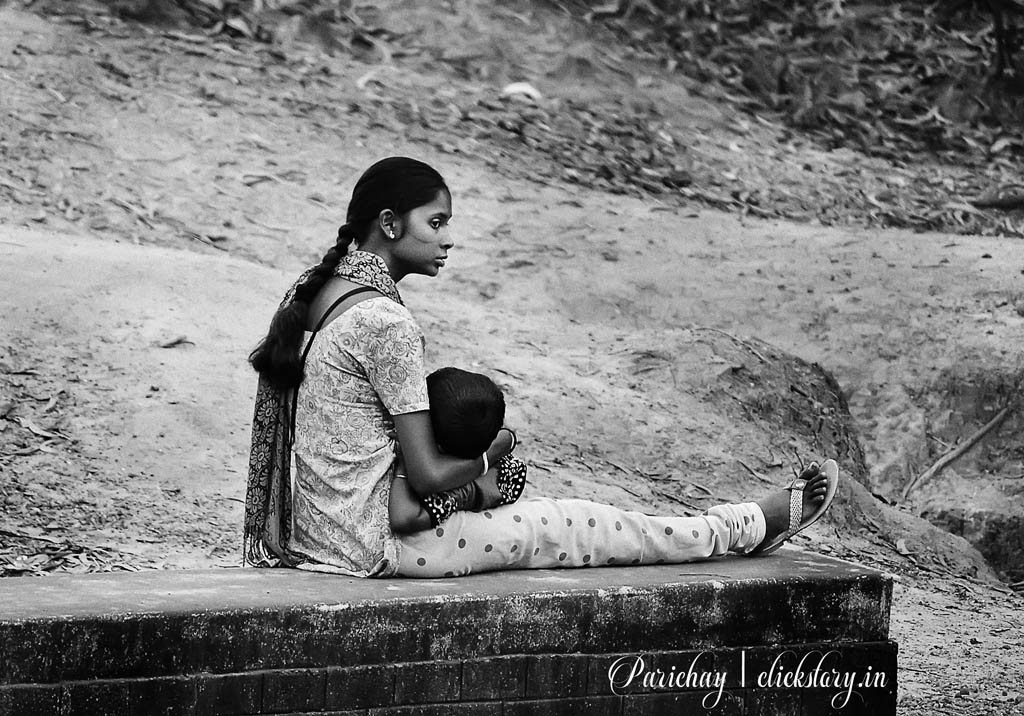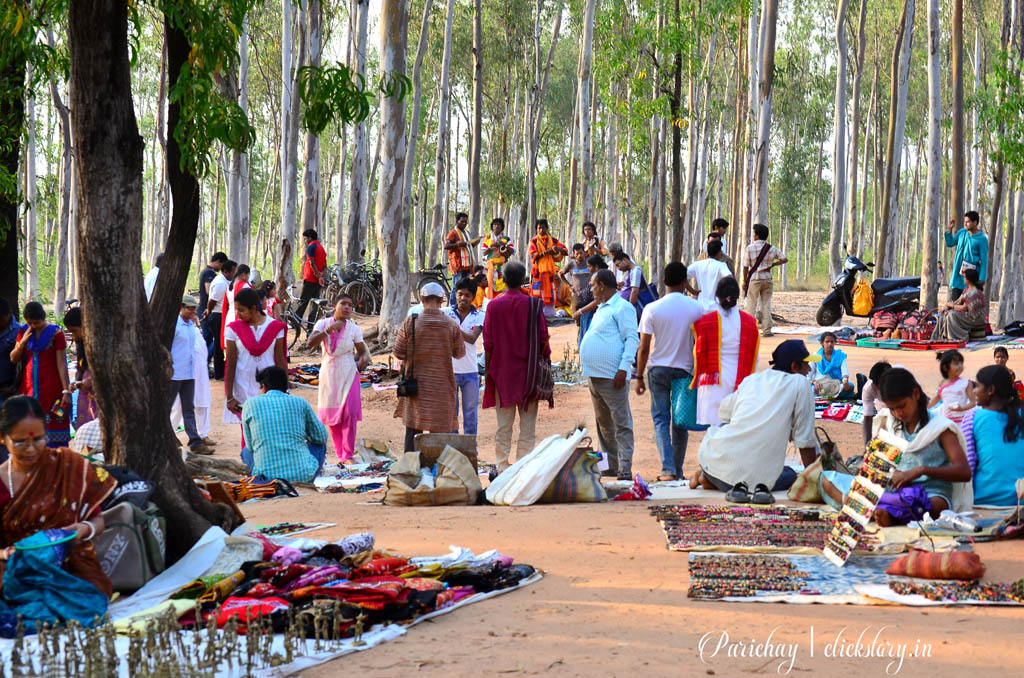Documentary photography is a powerful genre that goes beyond minimal images. It is a visual storytelling medium that captures and reveals untold stories, social issues, and historical events. Through the lens of a documentary photographer, the world becomes a canvas to document reality. It provokes emotions and inspire change. In this article, we delve into the captivating world of documentary photography, characteristics, approaches, inspiring ideas and assignments.
I. Understanding Documentary Photography
At its core, documentary photography aims to provide a factual and objective rendering of people, places, and events. It seeks to inform, educate, and shed light on various aspects of the human condition. Unlike other forms of photography that may focus on aesthetics or personal expression, it is driven by the desire to capture the truth, raise awareness, and provoke a response from viewers.

II. Key Characteristics of Documentary Photography
a) Authenticity
Documentary photographs strive to capture moments as they naturally unfold. It avoids staging or manipulation. This authenticity ensures the integrity of the story being told.
b) Storytelling
Documentaries tell stories through a series of images, creating a narrative that engages viewers and evokes empathy or understanding.
c) Social and Historical Relevance
Documentary photography often tackles social issues, historical events, cultural traditions, or human rights concerns. It serves as a historical record, preserving important moments for future generations.

d) Candid Moments
Candid photography plays a crucial role in documentary work. It captures unposed and spontaneous moments that reveal the essence of a subject or situation.
e) Intimate Connections
Documentary photographers build relationships with their subjects, gaining trust and providing a deeper understanding of their lives. This connection enables the photographer to authentically depict their subjects’ experiences.
III. The Power of Documentary Photography:
a) Raising Awareness
By exposing social issues, injustices, or marginalized communities, documentary photography acts as a catalyst for change. It brings the attention to the subjects that often go unnoticed.
b) Advocacy and Social Impact
Documentary photographs can inspire action, mobilize support, and drive change by shedding light on critical matters. They have the potential to influence public opinion, policy decisions, and even shape historical narratives.
c) Preservation of Memory
Documentary photographs serve as a visual record, documenting significant events, cultural practices, or disappearing traditions. It ensures that they are not forgotten over time.

d) Humanizing the Other
Documentary photography has the power to break down barriers and foster empathy by presenting diverse perspectives and revealing the shared humanity that connects us all.
e) Inspiration and Empowerment
Through storytelling, documentary photographs can inspire individuals, instilling a sense of hope, resilience, or solidarity in the face of adversity.

Valo laglo
Awesome